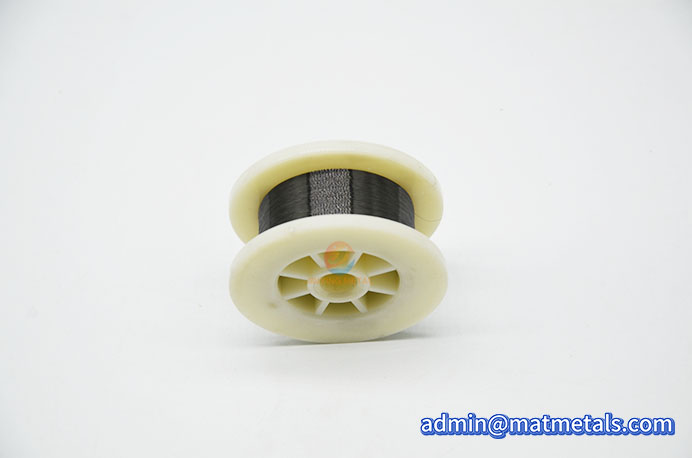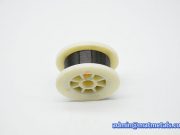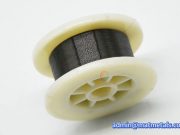Product Description
Overview
Molybdenum is a refractory rare metal like tungsten. WMo Alloy Wire is an alloy wire composed of these two elements. The tungsten content in the commonly used alloy is 30% to 50%. Due to its good high-temperature strength, similar performance to tungsten but smaller specific gravity than tungsten, it can be used as filaments, parts and other high-temperature materials of electron tubes under corresponding high-temperature conditions.
Advantages
- Physics: high melting point, low evaporation loss at high temperature, good conductivity.
- Chemical: at room temperature, for most of the acid-base medium, corrosion resistance, as well as good high-temperature oxidation resistance.
- Mechanics: high tensile strength, high hardness, good ductility, can be customized for processing.
- Thermal: Coefficient of thermal expansion of molybdenum, suitable for use in environments of drastic changes in temperature, and heat dissipation capacity.
Application
- Electronic and electronic vacuum devices: such as vacuum tube filament, cathode support structure, high temperature wire, etc. .
- High temperature furnace components: used as heating wire, temperature measuring elements, high temperature wire drawing furnace electrode and support structure.
- Non-ferrous metal melting: can be made into a stir bar or guide tube, resistant to molten metal erosion and high temperature oxidation.
- Aerospace: manufactures high temperature components (e., rocket nozzle attachments, combustion chamber support structures) , high temperature sensors, etc..
- Semiconductors and integrated circuits: supporting structures used as sputtering targets, electrode materials, or in high-temperature processes.
WMo Alloy Wire Specifications
|
Grade |
Mo50W50/Mo70W30 |
|
Diameter |
0.05–2mm |
|
Length |
20-2500mm |
|
Density |
10.2g/cm3 -19.2g/cm3 |
|
Surface |
Polished, Chemical Cleaning, Black Oxide |
|
Shape |
Coil |
|
Delivery time |
7-20 days |
|
Standard |
ASTM B777,GB |
|
Certification |
ISO 9001 |
Process
WMo Alloy Wire adopts the method of combining powder metallurgy with plastic processing. Its core process can be divided into six stages: raw material preparation, alloying, forming, densification, wire drawing and post-processing.
① Select high-purity tungsten powder and molybdenum powder for reasonable composition mixing,
② Cold pressing or isostatic pressing to make a billet.
③ Densification treatment after high-temperature vacuum sintering.
④ Forging, rolling, multiple wire drawing, and annealing treatment to ensure dimensional accuracy and toughness.
⑤ Surface cleaning and precision cutting, as well as comprehensive quality inspection.
Pictures
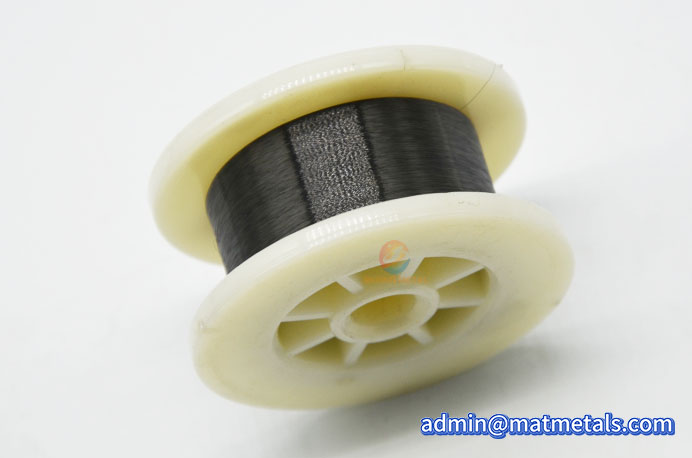
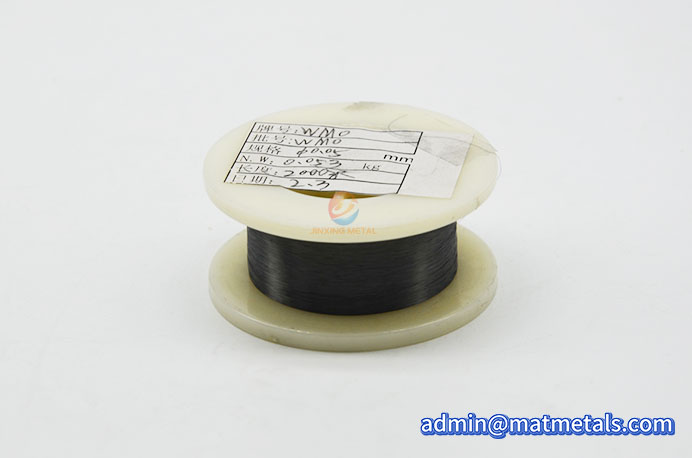
Please leave your information to get the latest quotation and product catalogue!


